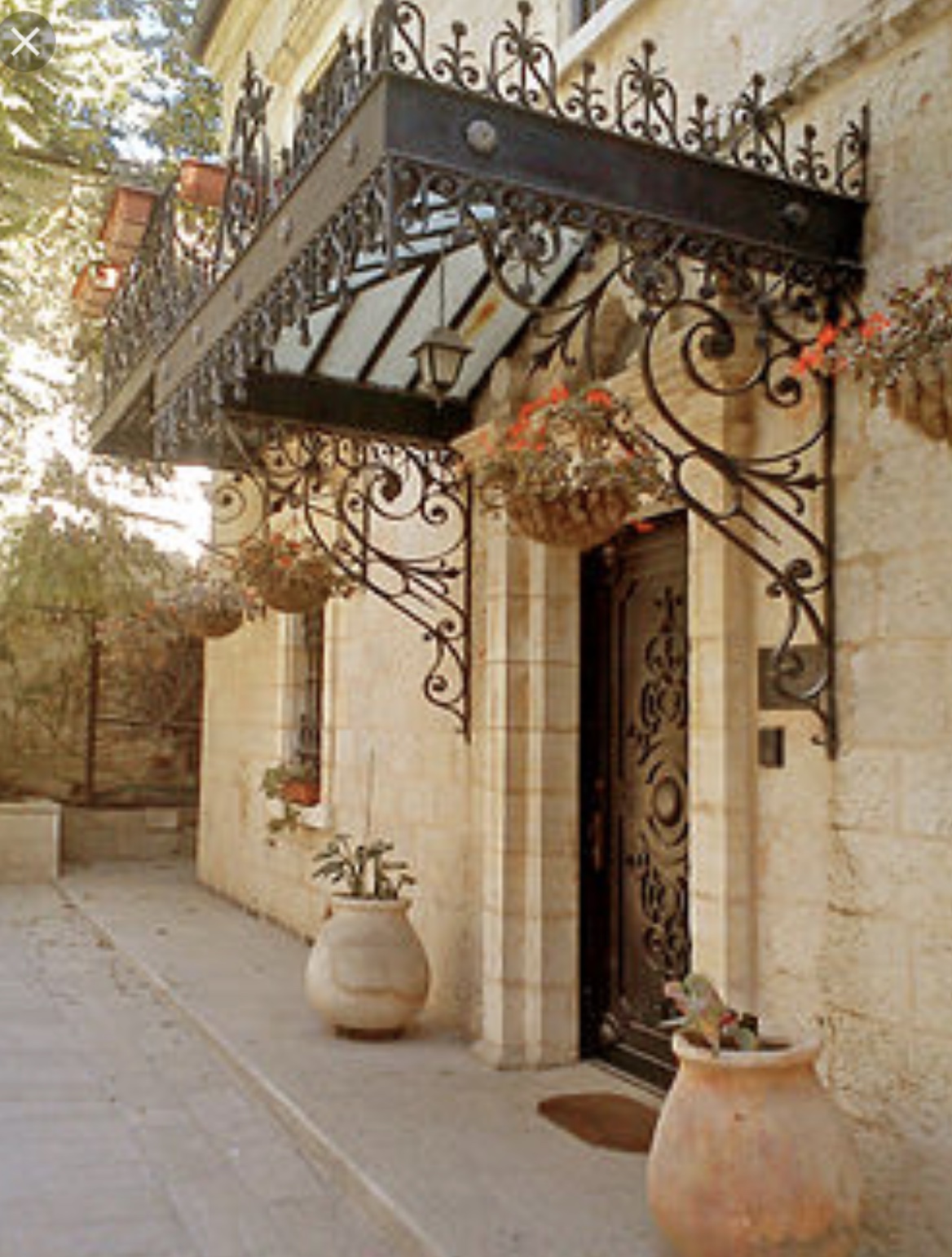This week‘s Torah portion is Parashat Tzav, and also referred to as Shabbat Hagadol, the great Shabbat before Pesach. It used to be that the Rabbis would only deliver two lengthy sermons each year, the Shabbat between Rosh Hashanah and Yom Kippur, referred to as Shabbat Shuvah and the Shabbat right before Passover, this Shabbat, thus referred to as Shabbat HaGadol. Those were the times that most people would gather in Jerusalem on their way for the pilgrimage to give their sacrifices in Jerusalem. Nowadays we have the honor of having a rabbi deliver a sermon most Shabbatot. This Shabbat is truly a great Shabbat as we prepare for the holiday of Passover, and hope that since Passover is coming – spring really should be here – even if many parts of the United States do not seem to be very spring like.
The word Tzav, in the name of Parashat Tzav, literally means to command. This Torah reading can be seen as a difficult portion of Torah to understand and relate to, since we no longer have a Holy Temple in Jerusalem in which to offer sacrifices. The major theme of the Torah reading of Parashat Tzav is how one can achieve holiness, or kedushah.
What does it mean to be holy, or sacred, kadosh, in 2018? Holy can mean to be separate. Holy could be referred to as something that is clean, and can also be defined as the opposite of unclean, or in Hebrew Tameah.
What are different aspects of our life which we can make insure are holy? We can make sure that we live a holy life, in terms of the way we act to each other. What we put into our mouths should be holy, and what comes out of our mouths should be holy. The words we speak to each other, our conversations, the jokes we make, should be appropriate, and holy. What if those words, conversations, and jokes, were seen as a type of offering to God – wouldn’t we want them to be the very best – the holiest and kindest that they could be? Just as we have many rules about what we put into our mouth, with the Dietary laws, the Kashrut rules, so too, we should think about the words that come out of our mouth as holy.
Clearly we no longer bring sacrifices to the Holy Temple, the Beit Mikdash, our homes have become a mini Mikdash, a mini sanctuary. Our homes are to be sacred and holy. Our tables are a mikdash, a sanctuary and altar, and so our homes are places of holiness.
On this Shabbat Hagadol, as we prepare for Pesach, and turn our homes over for Passover, and create a mikdash for Passover in our homes, let us remember that each and every day, our homes are a mikdash m’at, a holy sanctuary. As we live in our homes here, let us all put something into our daily lives, that brings Judaism, and especially the State of Israel into our lives. May your homes be a mikdash, a holy sanctuary, with words of holiness, kedushah, spoken, making plans for a visit one day to State of Israel. May your preparations for Passover be filled with kedushah, holiness. Shabbat Shalom.
800-247-7235
info@israeltour.com

